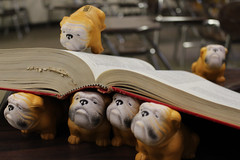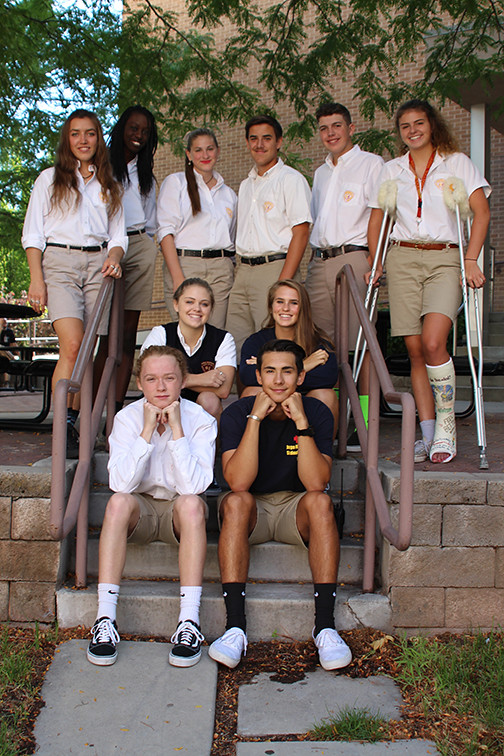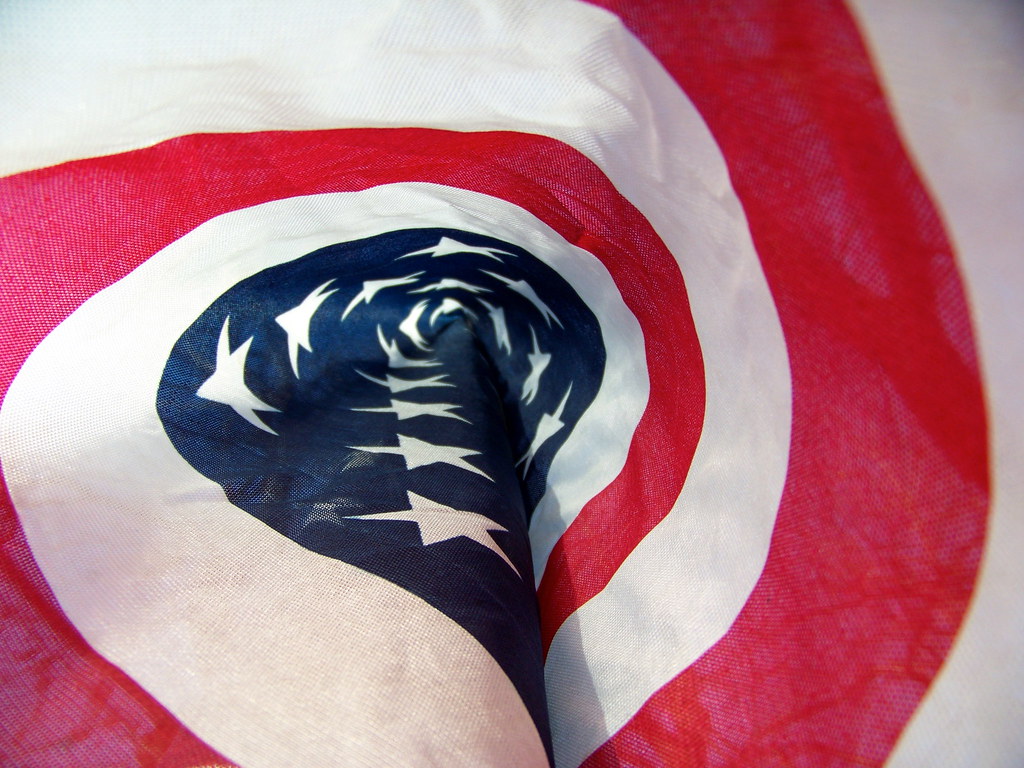 |
| Bulldogs Read by me |
Greetings
When possible greet the students at the door. I can't always be at the door when they arrive, but when I am, I always welcome them to the day's class. I do this because I'm genuinely happy to see them.
Silent reading or writing
This year the AP English Language students will read from a nonfiction book of their choice for the first 10-15 minutes of class. The goal of this assignment is to complete at least one nonfiction book a semester. That allows a slower reader to choose a long book and time enough to complete it. If students finish a book, they move on to another.
Students share the load
Why should teachers have to do all the work? Once the class has completed some preliminary discussions about writing style, I have students do some of the work of beginning the day. At least once a quarter students are responsible for choosing a passage from their free-reading book to share with the class. Here's a link to the assignment that I collaborated on with my colleague Bryan Jeffreys. Even if you don't have students choose a passage from their reading, I've seen variations of this activity where students choose some inspirational words, read them to the class, and then read aloud their reflection on why they personally consider that quote inspirational.
It's been said that we never get a second chance to make a first impression. The same can be said for each class we teach.


